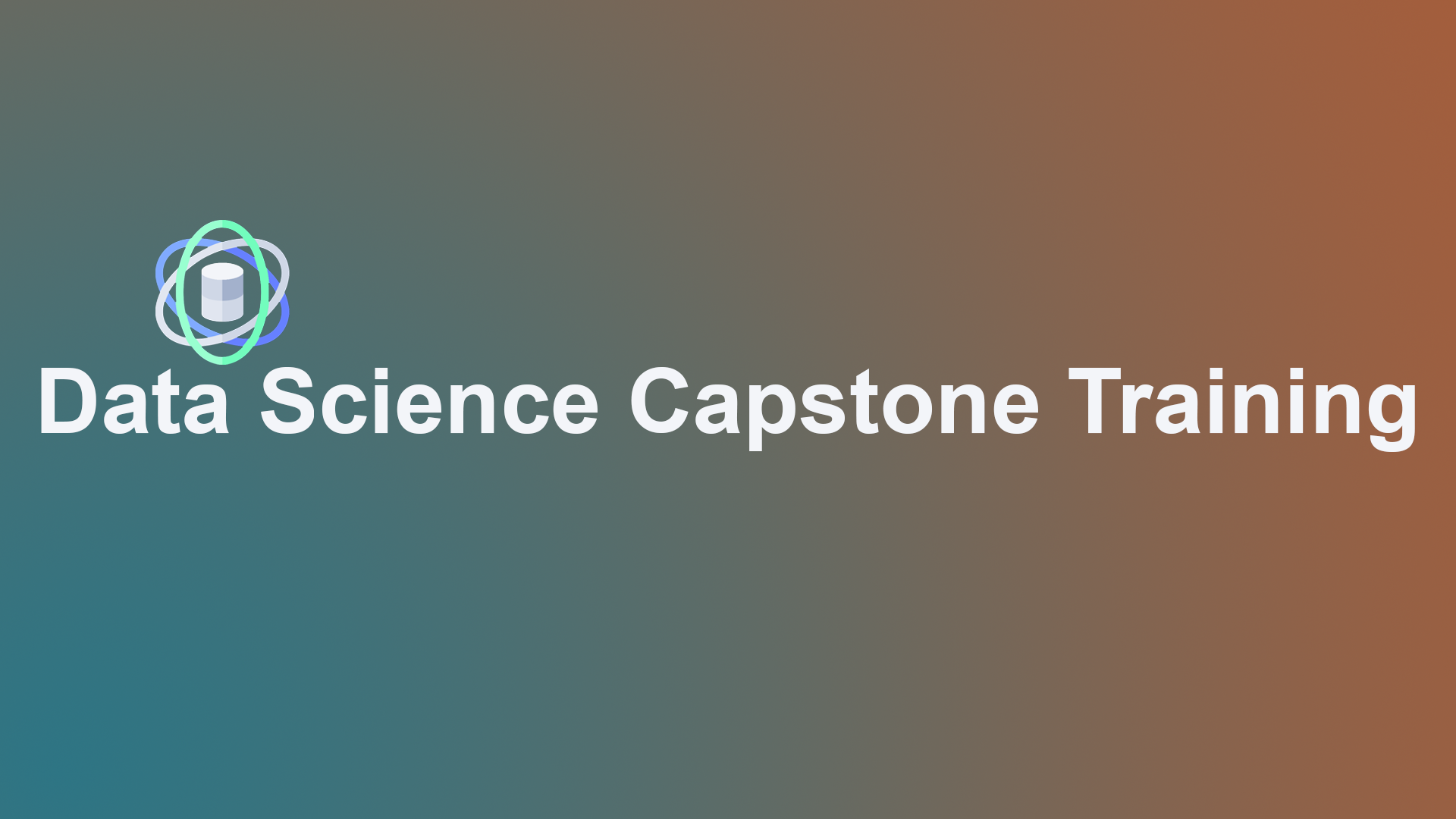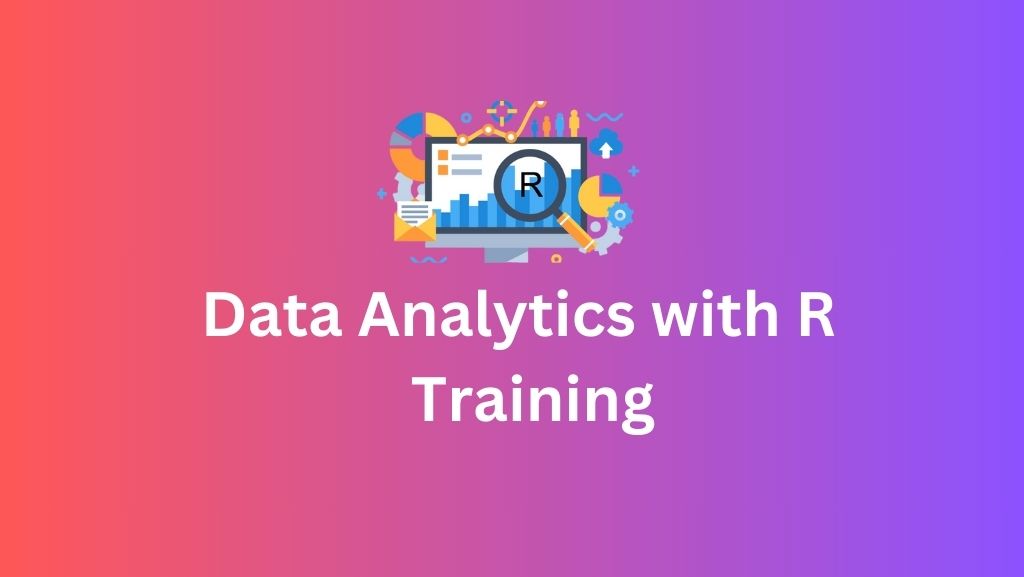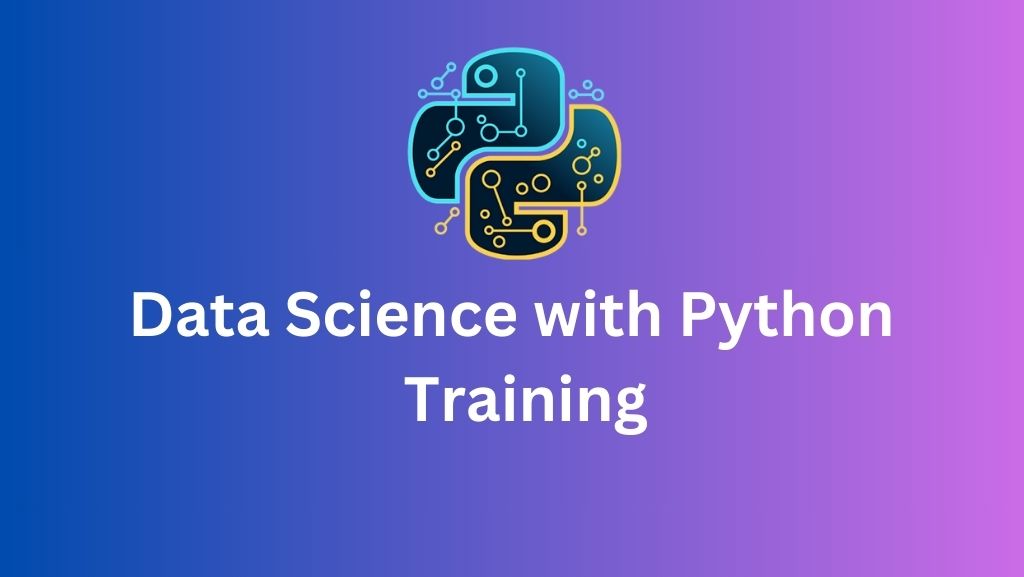Upcoming Batches for Data Science with R Programming
Not compatible with the above dates?
Data Science with R Programming Course Details
Zx Academy's Data Science with R programming certification training covers data visualization, data exploration, descriptive analytics techniques, and predictive analytics techniques with the R language. The candidate will learn how to import and export data in R, R packages, various statical concepts, data structures in R, forecasting, and cluster analysis.
The Data Science with R certification training at Zx Academy lets the candidate attain expertise in Machine Learning Algorithms like Decision Trees, K-Means Clustering, Naive Bayes using R, and Random Forest. This course encompasses an understanding of Time Series, Statistics, Introduction to Deep Learning, and Text Mining. During this training, you can learn how to implement real-life scenarios on healthcare, media, HR, aviation, and social media.
Highlights of Zx Academy Training:
- 24/7 Support throughout the training period
- Live online classes
- Training under industry experts
- Free study material
- Flexible timings to all our students
What will you learn in Data Science with R Programming Certification training?
After completion of the Data Science with R Programming certification training, you will learn:
- Introduction to Business Analytics and R Programming
- Data Visualization
- Data Structures
- Statistics for Data Science
- Clustering
- Classification
- Regression Analysis
Who should take this Data Science with R Programming Certification training?
The Data Science with R Programming Certification training course is suited for:
- Developers aspiring to be a 'Data Scientist'
- Business Analysts
- 'R' professionals who wish to work Big Data
- Analytics Managers
- Information Architects
What are the prerequisites for taking Data Science with R Programming Certification training?
The prerequisite for taking Data Science with R Programming Certification training is the basic understanding of R programming.
Why should you go for Data Science with R Programming Certification training?
Data Science plays a key role in fields like business analysis that is used to incorporate modeling, computer science, analytics, and statistics. Hence, a candidate must need structured training to take complete benefit from Data Science with R Programming certification. Besides, you have to work on various real-time projects using many from multiple disciplines. The industry experts design the Data Science with R programming certification at Zx Academy.
Salary Trends:
According to Glassdoor, the average salary of an R Systems Data Scientist is Rs.19,00,000 per year.Are you excited about this?
Data Science with R Programming Curriculum
What does Data Science involve?
Era of Data Science
Business Intelligence vs Data Science
Life cycle of Data Science
Tools of Data Science
Introduction to Big Data and Hadoop
Introduction to R
Introduction to Spark
Introduction to Machine Learning
Terminologies of Statistics
Measures of Centers
Measures of Spread
Probability
Normal Distribution
Binary Distribution
What is Data Extraction
Types of Data
Raw and Processed Data
Data Wrangling
Exploratory Data Analysis
Visualization of Data
Machine Learning Use-Cases
Machine Learning Process Flow
Machine Learning Categories
Supervised Learning algorithm: Linear Regression and Logistic Regression
What is Decision Tree?
Algorithm for Decision Tree Induction
Creating a Perfect Decision Tree
Confusion Matrix
What is Random Forest?
What is Naive Bayes?
Support Vector Machine: Classification
What is K-means Clustering?
What is C-means Clustering?
What is Canopy Clustering?
What is Hierarchical Clustering?
What is Recommendation Engine & it’s working?
Types of Recommendations
User-Based Recommendation
Item-Based Recommendation
Difference: User-Based and Item-Based Recommendation
Recommendation use cases
Use cases
Text Mining Algorithms
Quantifying text
TF-IDF
Beyond TF-IDF
Time Series variables
Different components of Time Series data
Visualize the data to identify Time Series Components
Implement ARIMA model for forecasting
Exponential smoothing models
Identifying different time series scenario based on which different Exponential Smoothing model can be applied
Implement respective ETS model for forecasting
Reinforcement learning Process Flow
Reinforced Learning Use cases
Deep Learning
Biological Neural Networks
Understand Artificial Neural Networks
Building an Artificial Neural Network
How ANN works
Important Terminologies of ANN’s
Like the curriculum?
Projects on Data Science with R Programming
Exploratory Data Analysis (EDA) on a Dataset:
Project Description: For this project, you'll perform Exploratory Data Analysis (EDA) using R. EDA is a crucial part of data science process, helping to unlock understanding about a dataset's structure and relationships among variables.
Steps for Selecting Datasets
Choose Your Dataset (e.g., Housing Prices, Customer Reviews or Climate Data).
Data Import: Utilizing R, you can import the dataset into your working environment.
Data Cleaning: Clean data by managing missing values, eliminating duplicates and changing data types as necessary.
Data Visualization: Create different kinds of plots and visualizations (scatter plots, histograms, bar charts) to explore the characteristics of your data.
Statistical Analysis: Compute summary statistics and conduct basic statistical tests on your data in order to gain new insight.
Narrative and Report: Communicate your findings and insights through a report, including text explanations, visualizations and recommendations derived from your analysis.
Predictive Modeling with Machine Learning:
Project Description: For this project, you'll use R to build a simple predictive model which makes predictions based on an available dataset. Starting out simple regression models may prove effective as starting points for creating this predictive model.
Steps: Select an Appropriate Dataset: Select an appropriate dataset that suits predictive modeling needs - this could include housing prices, sales figures or any other relevant subject area.
Data Preprocessing: Before preprocessing data, handle missing values, encode categorical variables, and divide your dataset into training and testing sets.
Model Selection: Select an appropriate machine learning algorithm (e.g. linear regression for regression tasks), and train it using training data to produce your model.
Model Evaluation: Evaluate the performance of your model on testing data using appropriate metrics (e.g. Mean Absolute Error for regression tasks).
Visualization: Display predictions and performance metrics using scatter plots that compare actual with predicted values.
Model Deployment: Deploy the model (optionally) so it can make predictions on new data.
Report and Interpretation: Provide a summary and interpretation of your modeling process, results, and any insights gained through its exploration.
Project Resources
Data Science with R Programming Certification
Validation of Skills: R validates your data science skills, making you more attractive to employers. Career Advancement: It opens doors for data science roles and potential advancement opportunities.
Expertise: Earning certification demonstrates a firm understanding of Data Science with R, an invaluable skill.
Microsoft Certified: Data Analyst Associate: This certification recognizes your expertise in data analysis, including using R for visualization and statistical analyses.
Machine Learning for Data Science with R: This certification covers machine learning with R as a key aspect of data science.
RStudio Certifications: RStudio offers several certifications focused on R programming for data science, such as tidyverse and Shiny programming environments.
Study Resources: Take advantage of official study materials, practice exams, and recommended textbooks provided by certifying bodies or training providers when making your studies.
Engage in Hands-On Practice: Strengthen your R skills through real-life data analysis projects using R.
Training Courses: Consider enrolling in either an online or in-person training course designed specifically to prepare you for certification.
Take Practice Exams: Conduct practice exams to gauge your readiness and identify areas requiring further investigation.
Communities and Forums: Join R programming and data science communities and forums in order to learn from others and get assistance when needed.

Get certification or Get ahead with Zx Academy’s Certification or
Faq’s for Data Science with R Programming
Reviews
Anusha
Anusha




